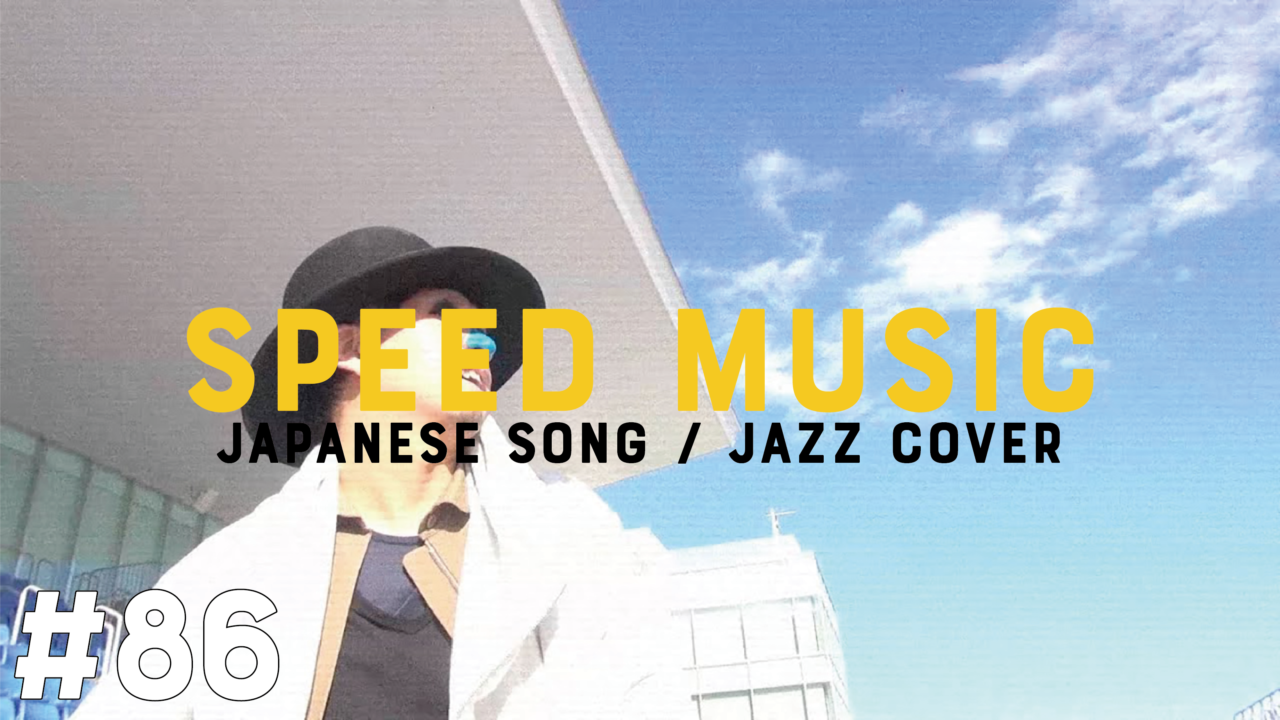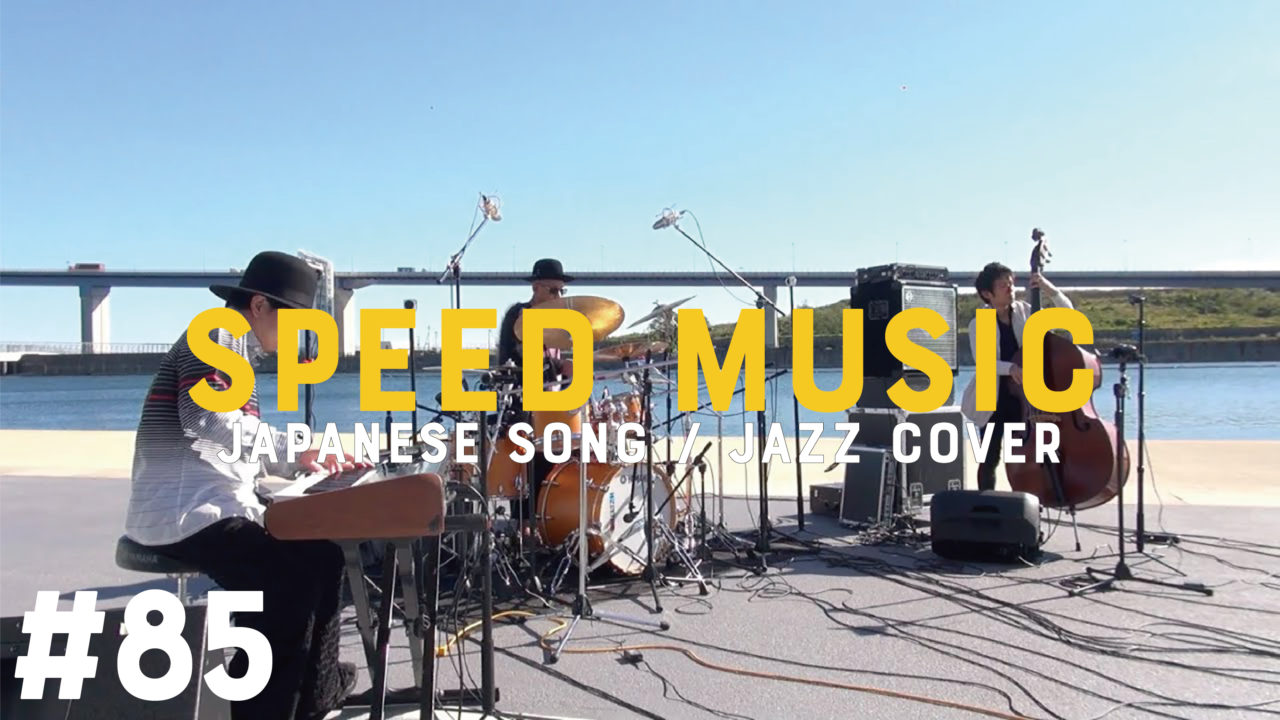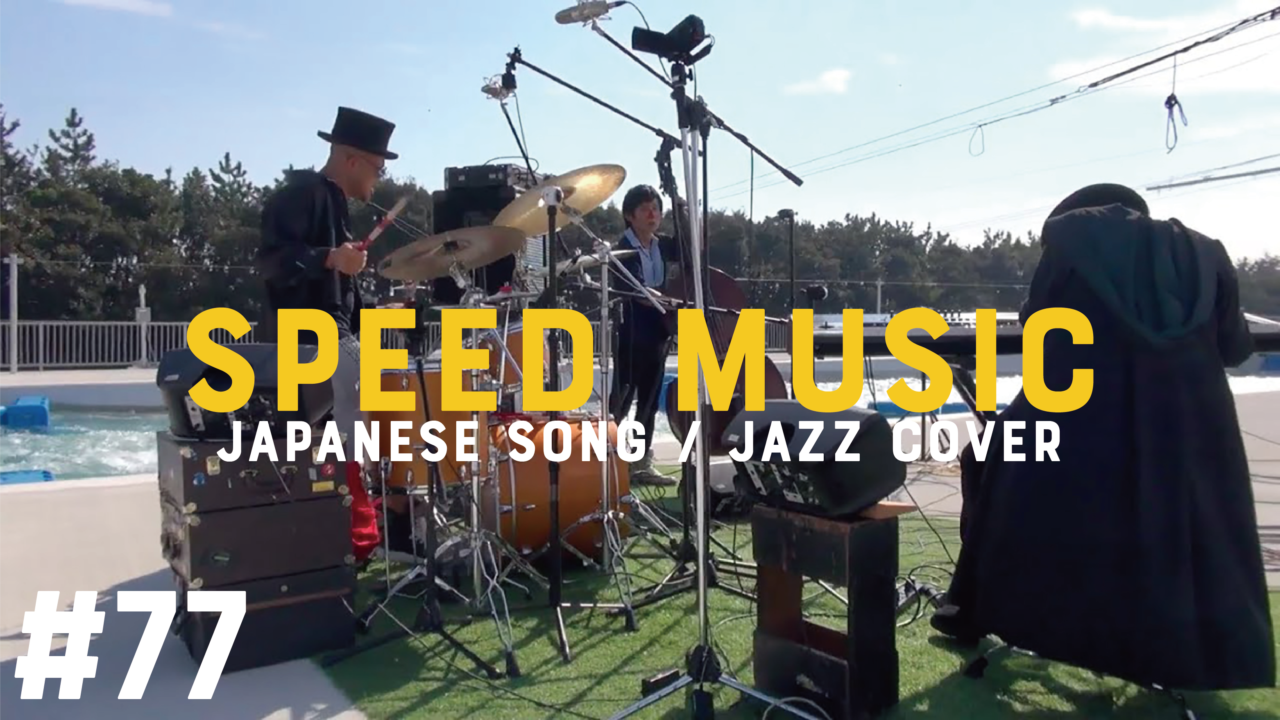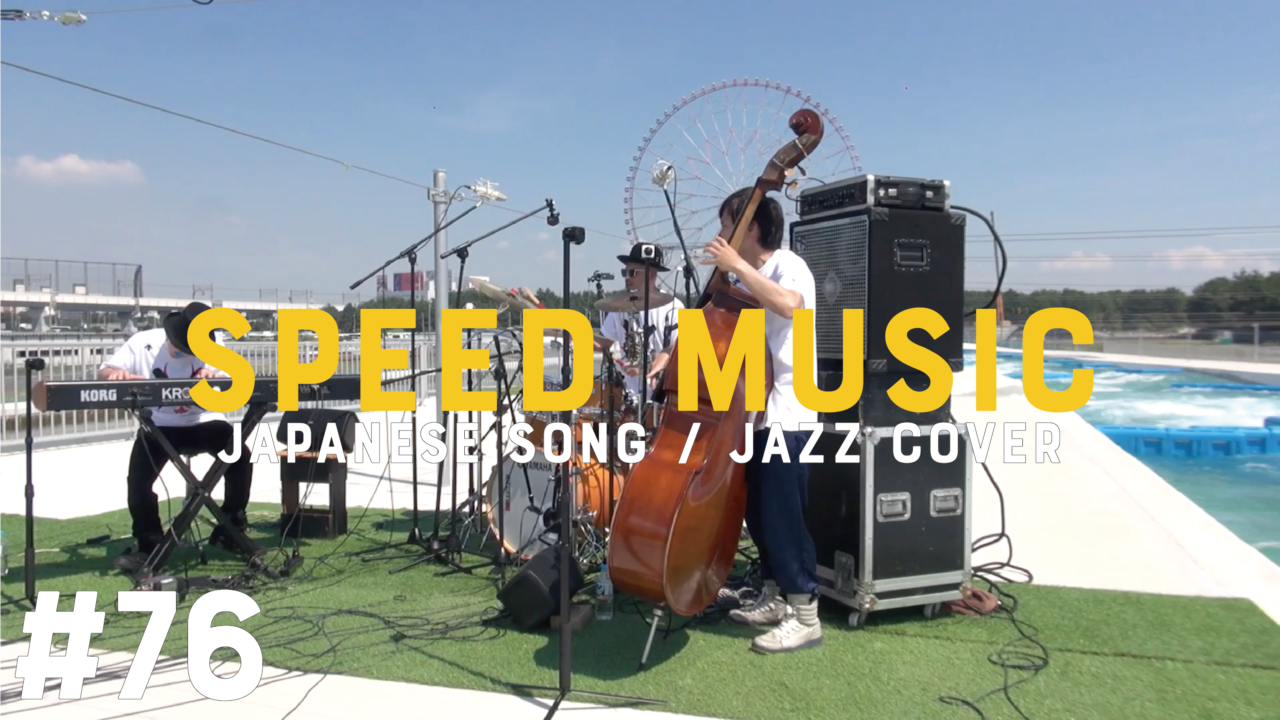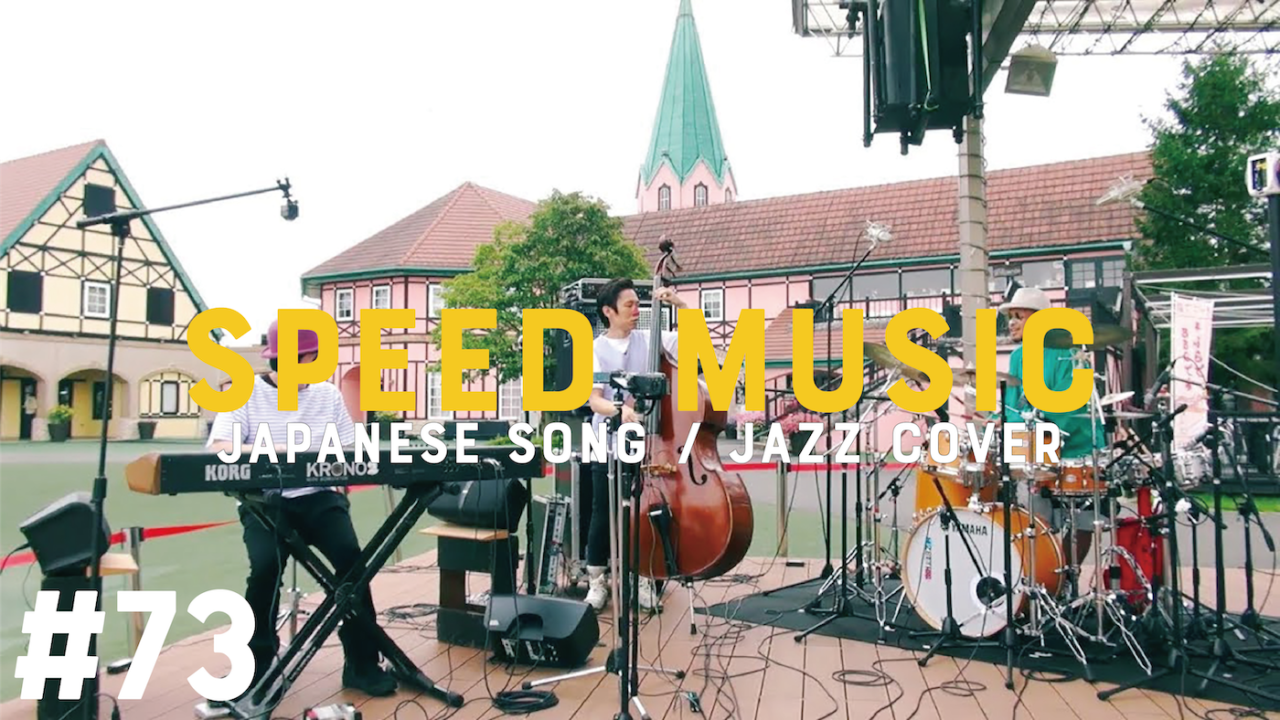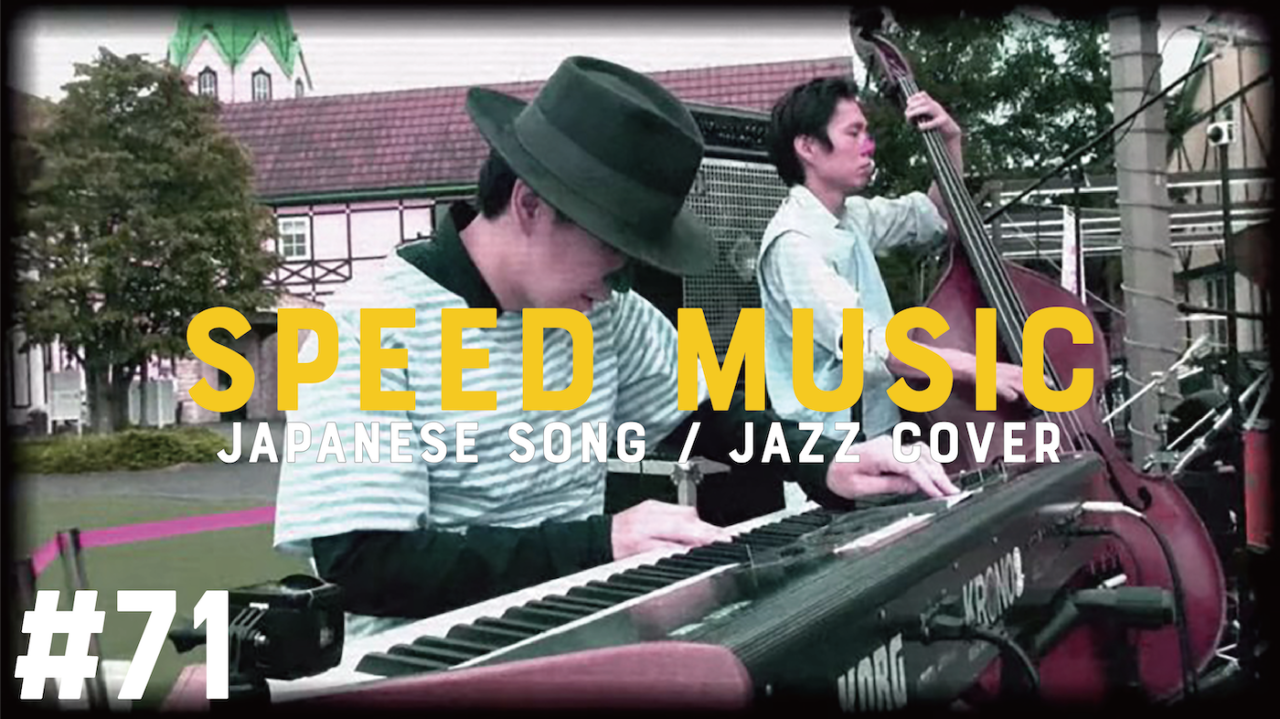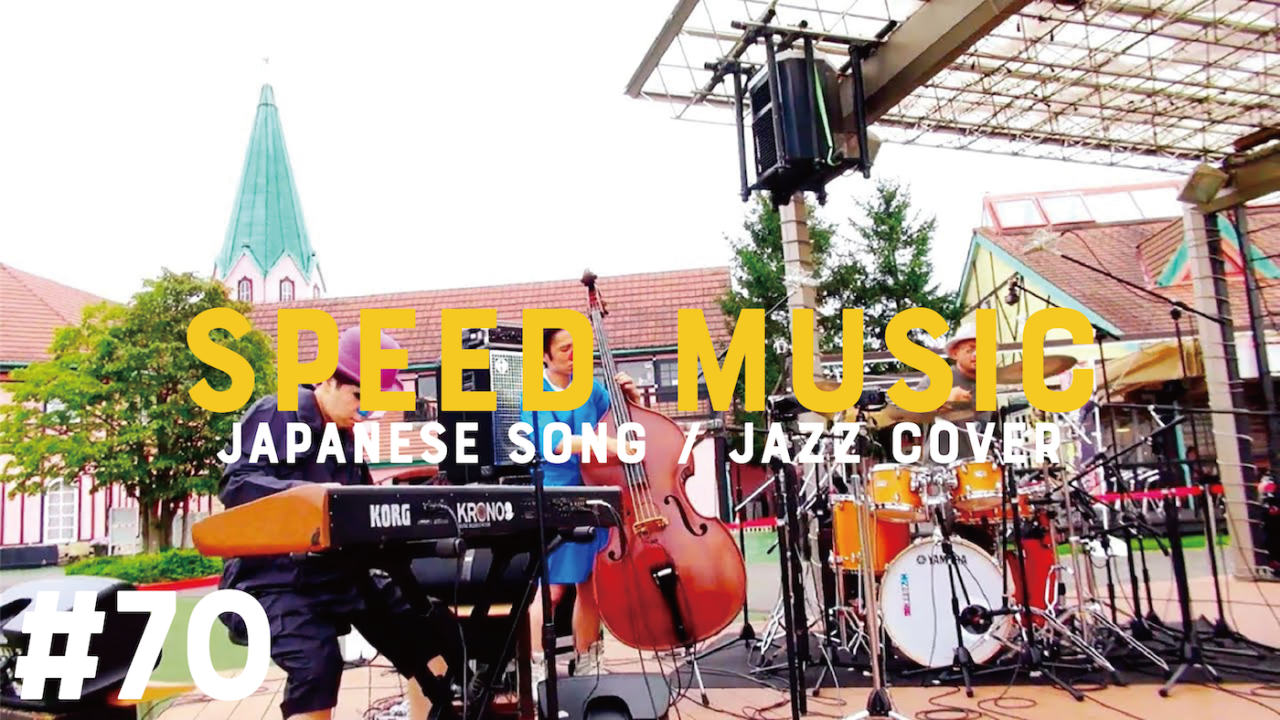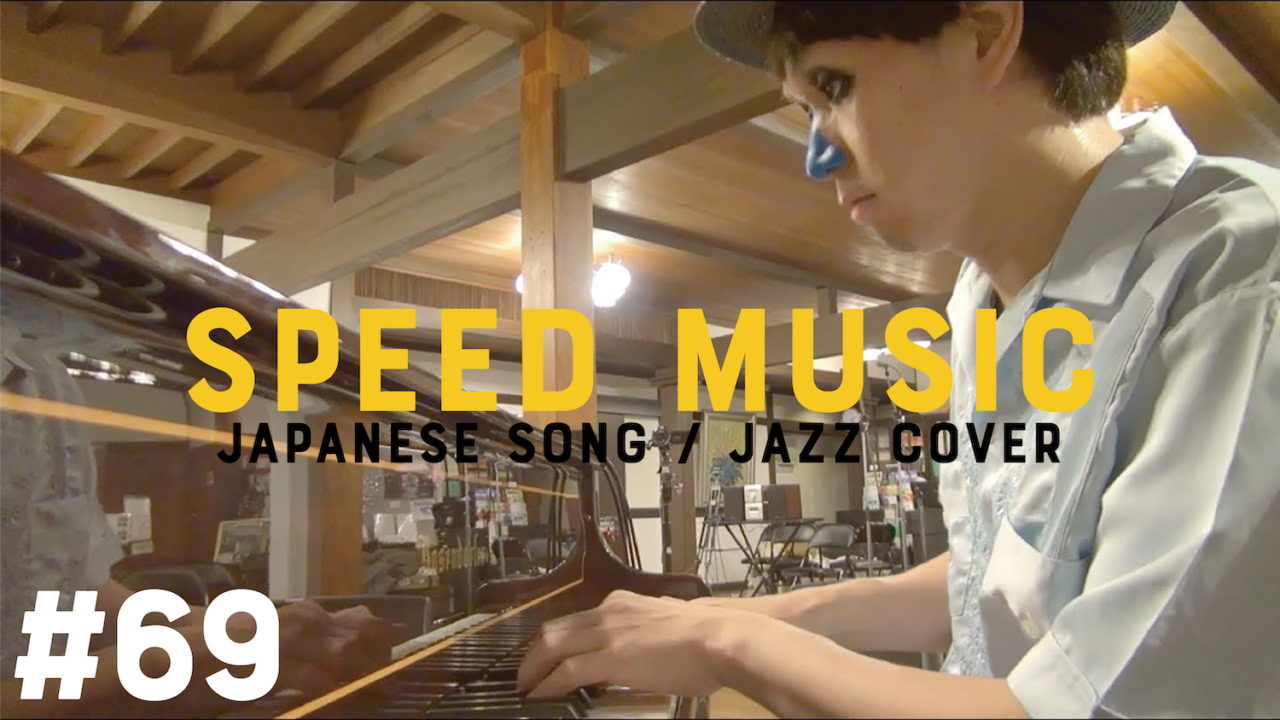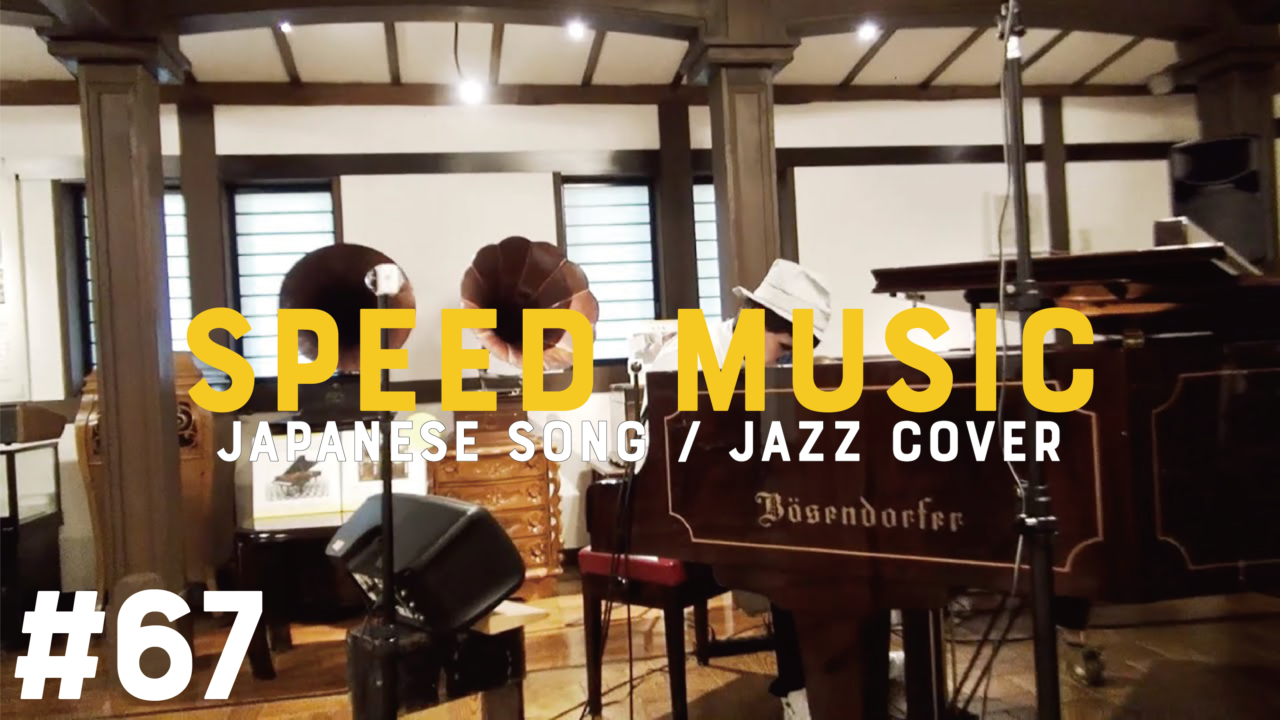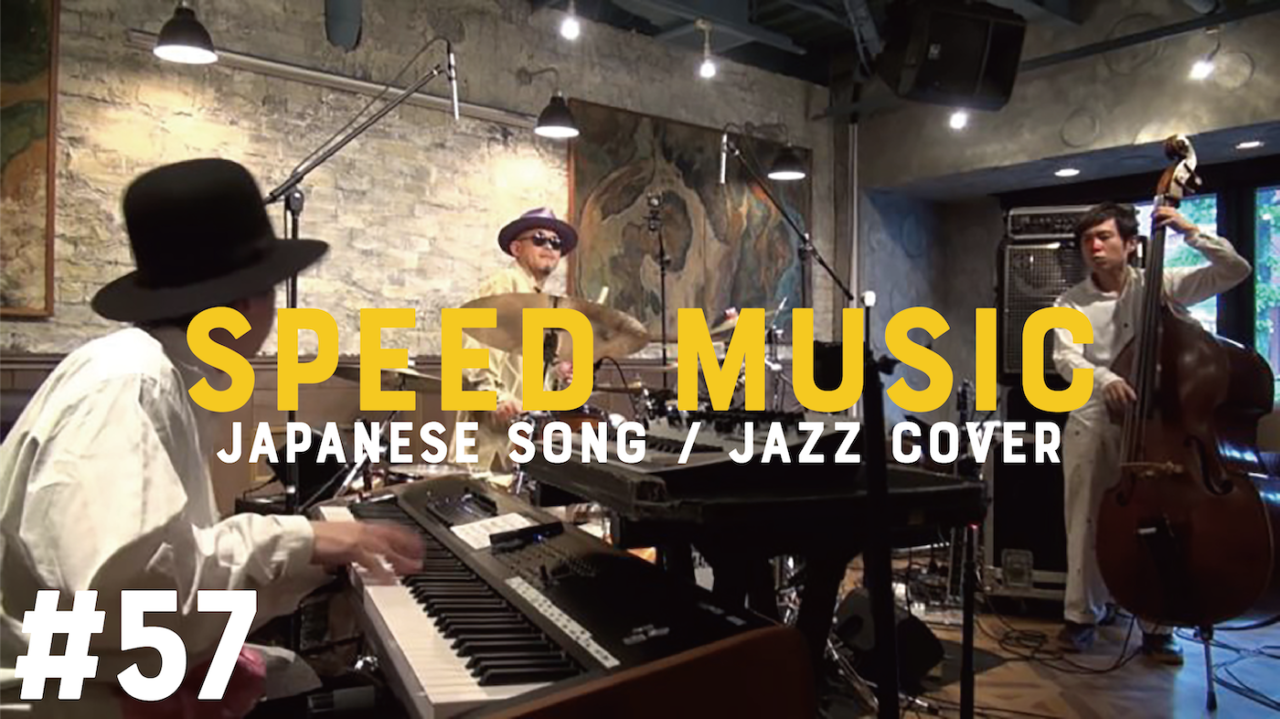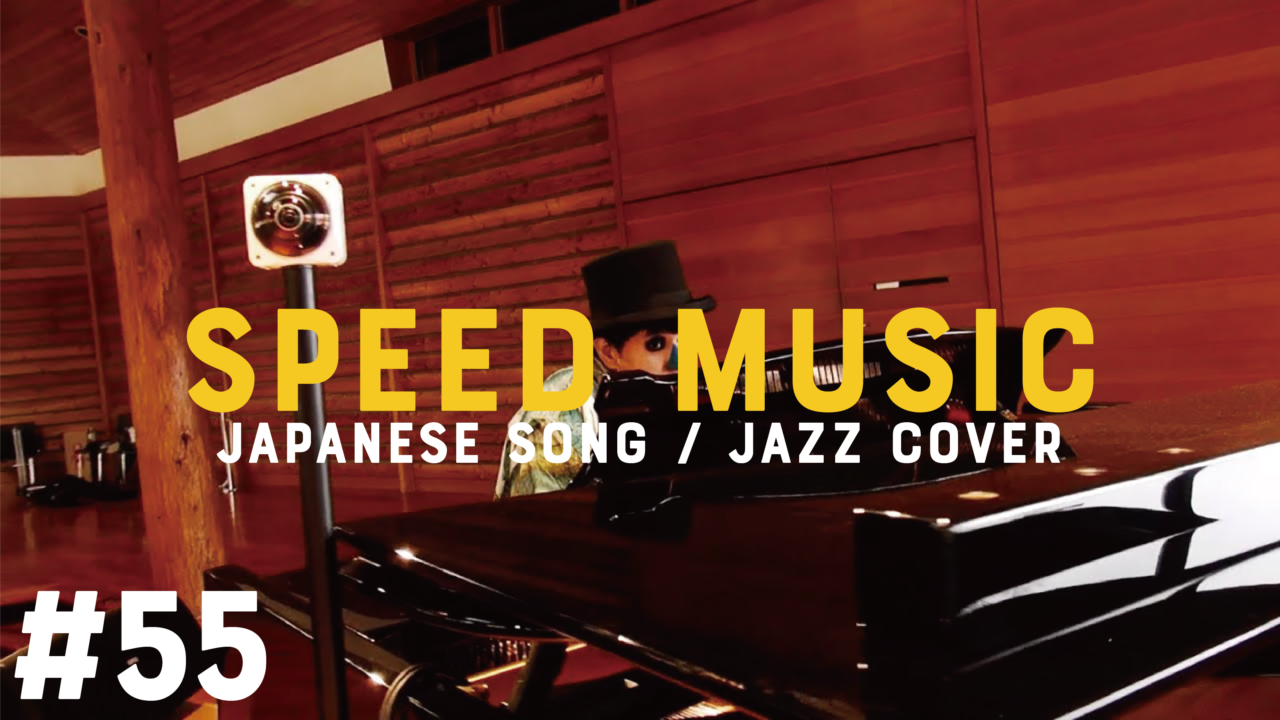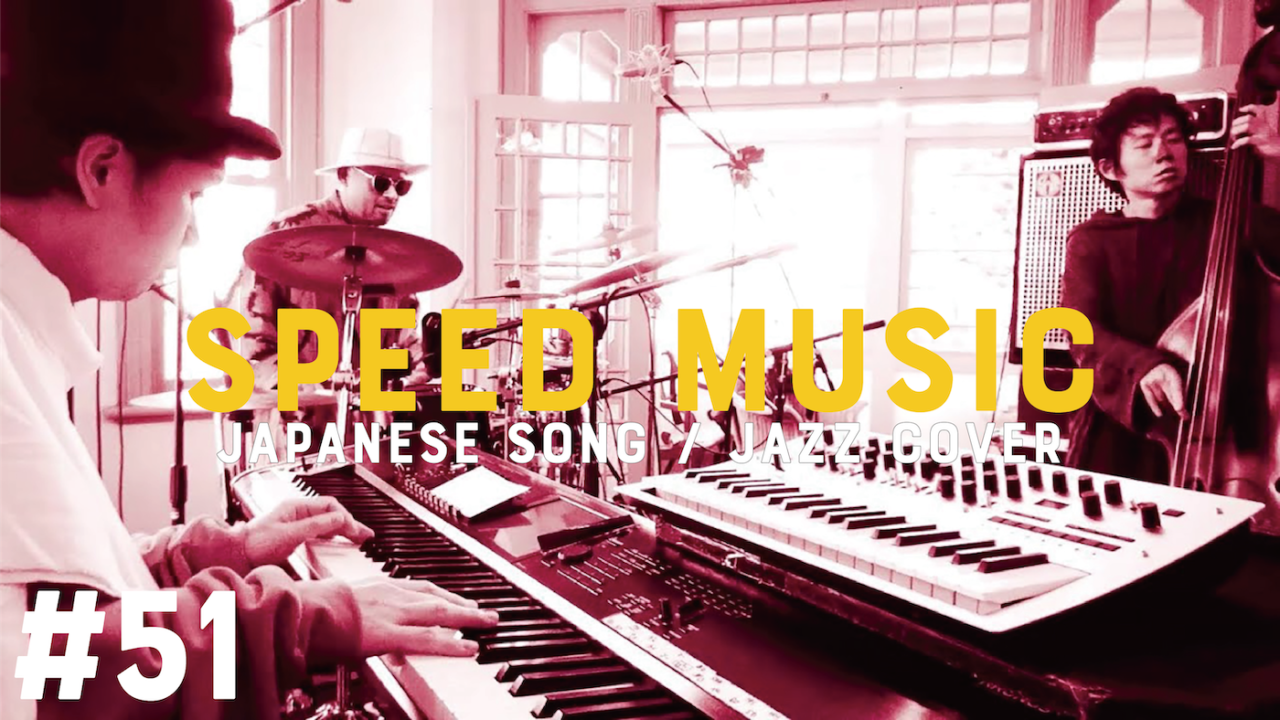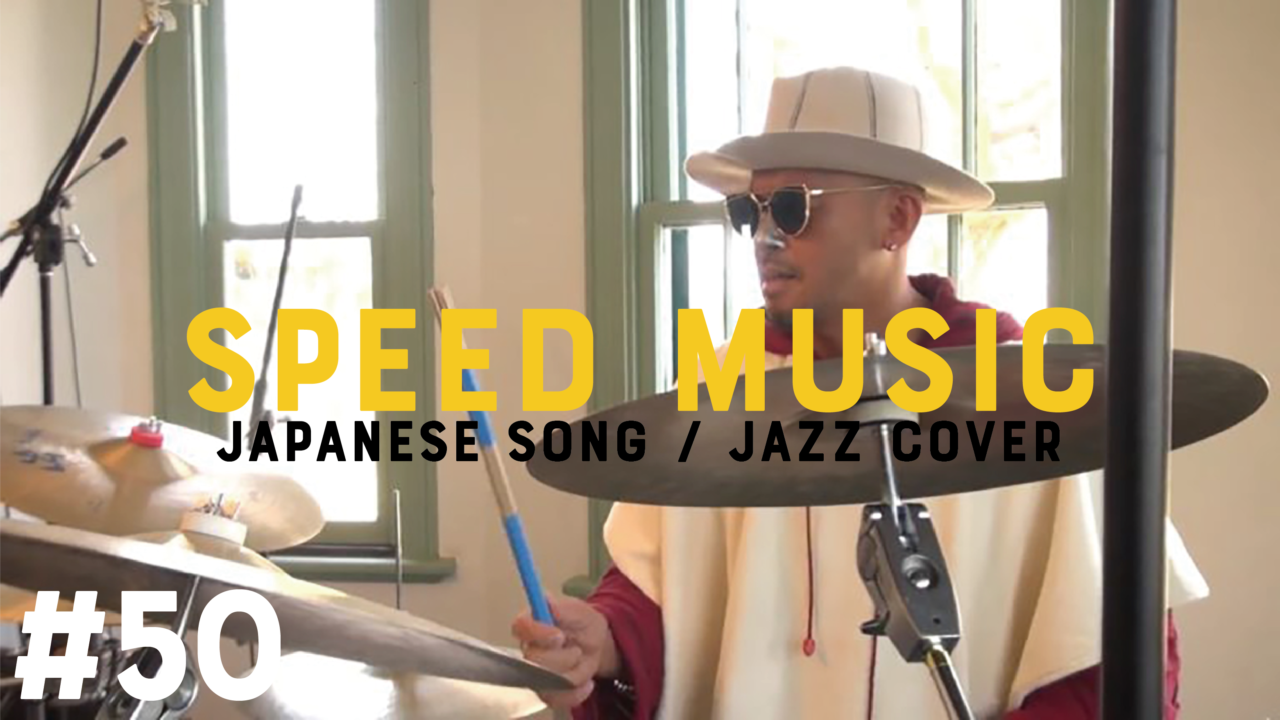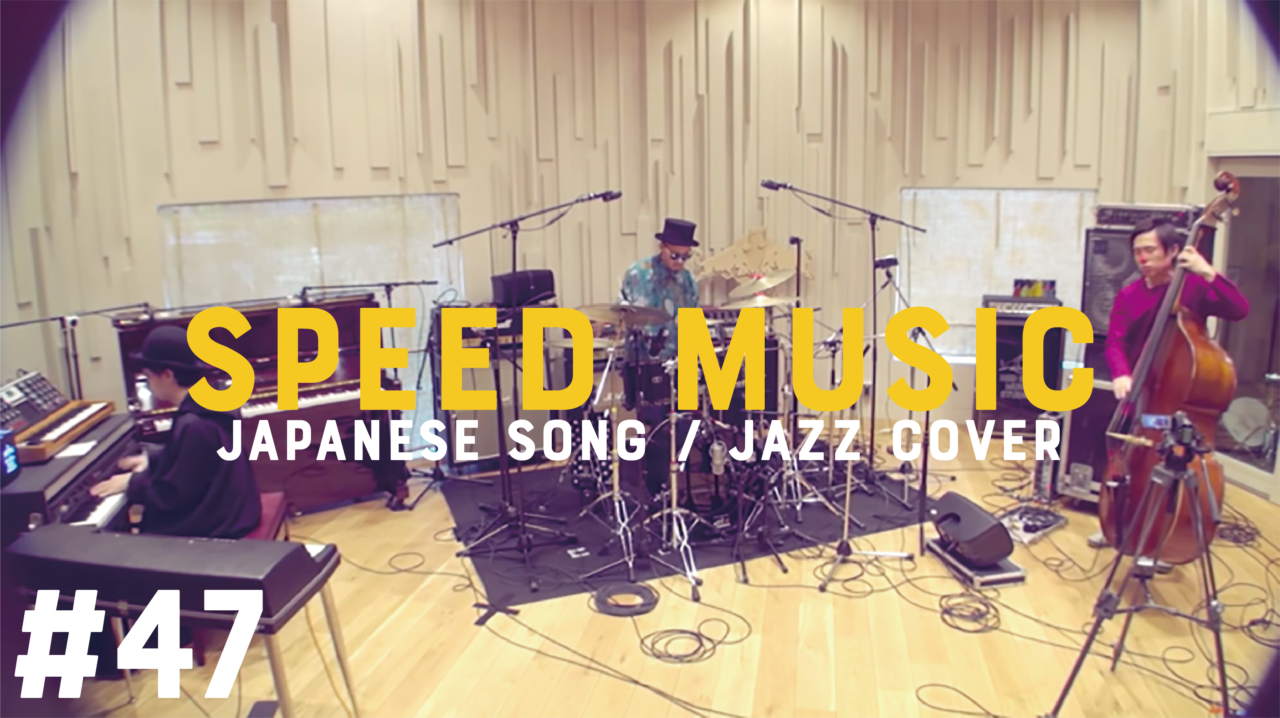#58 かもめが翔んだ日 / 渡辺真知子 by H ZETTRIO
渡辺真知子のセカンド・シングル曲。渡辺の代表曲として知られ、「迷い道」「ブルー」「唇よ、熱く君を語れ」などと並んでヒット曲となった。渡辺の個人事務所やオフィシャルウェブサイト、公式ファンクラブの名称にも、シンボルとして「かもめ」の名が用いられている。歌詞の中に「海」や「港」という語句はあっても具体的な地名などは登場しないが、渡辺自身は出身地である神奈川県横須賀市の観音崎をイメージすることが多いという。2008年11月21日からは、同市三春町にある京浜急行電鉄堀ノ内駅の接近メロディとして使用されている。(フリー百科事典 ウィキペディア日本語版より:https://x.gd/5aW60)
Machiko Watanabe's second single. It is known as Watanabe's signature song, and became a hit along with other songs such as ''Lost way'',''Blue,'' and ''Kiss, Speak of You Passionately.'' The name "Kamome" is also used as a symbol in the names of Watanabe's personal office, official website, and official fan club. Although the words ''sea'' and ``port'' appear in the lyrics, there are no specific place names, but Watanabe himself often imagines Kannonzaki in Yokosuka City, Kanagawa Prefecture, where he was born. Since November 21, 2008, it has been used as the approach melody for Keikyu Corporation Horinouchi Station in Miharu-cho, the same city. (From the free encyclopedia Wikipedia Japanese version: https://x.gd/5aW60)

